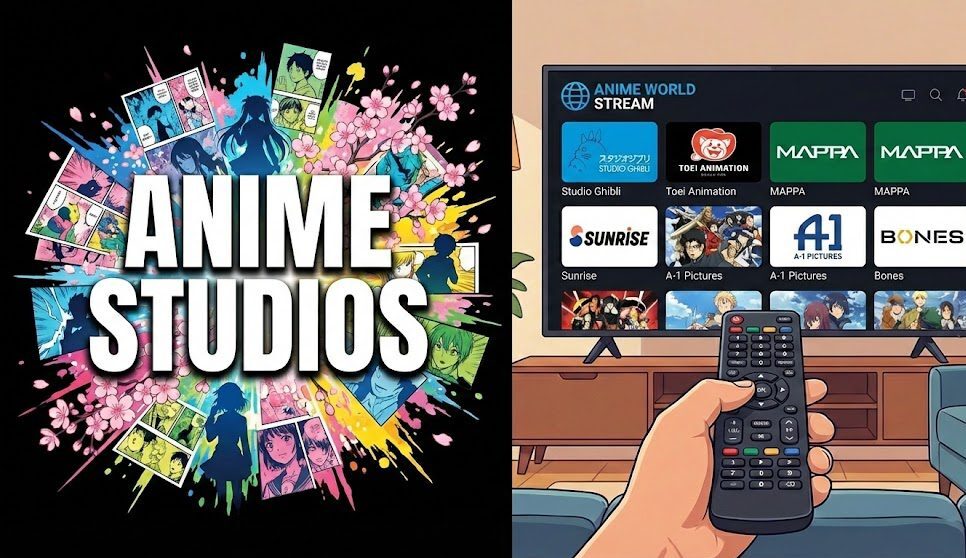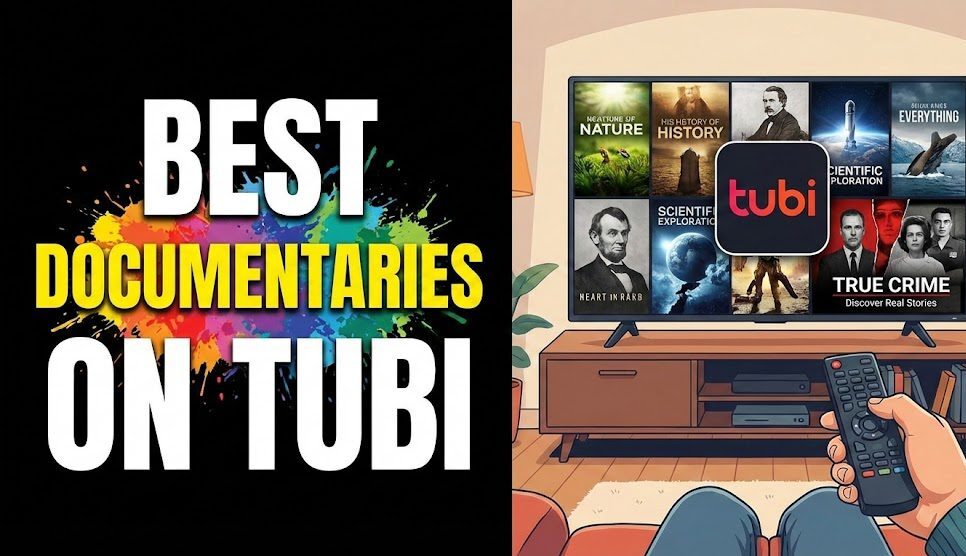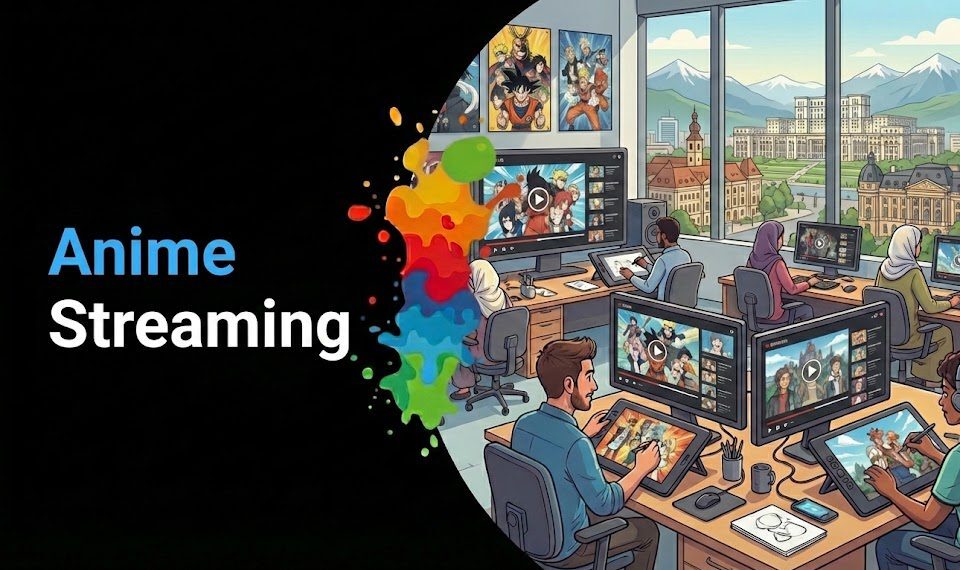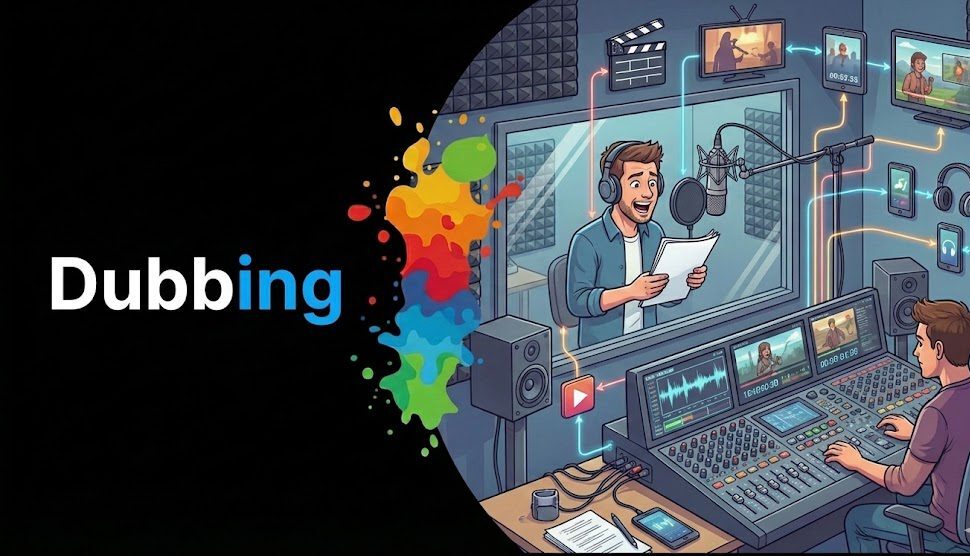Introduction
Ever wonder how a show that first aired on one network suddenly pops up everywhere, from local afternoon TV to international channels? That’s the magic of broadcast syndication. Finding the best broadcast syndication companies is a game-changer for content creators, turning a single TV series or film into a long-term revenue powerhouse. In this guide, we’ll break down how syndication works, what to look for in a partner, and how you can find the right companies to take your content to a global audience. We’re lifting the curtain on a process that can seem complex but is full of incredible opportunity.
Key Takeaways
| Key Takeaways |
|---|
| Understanding Syndication: Learn the two main types of syndication—first-run and off-network—and how they create different opportunities for content creators and broadcasters. |
| Finding the Right Partner: Discover the key criteria for selecting a syndication company, including their market reach, genre expertise, and reputation. This is crucial for maximizing your content’s value. |
| Major Players and Global Reach: Get to know some of the powerhouse syndication companies in the industry, including major US studios and key international broadcasters. |
| Leveraging Technology: Understand how platforms like Vitrina simplify the process of discovering, vetting, and connecting with the best broadcast syndication companies across the globe. |
Want to take your content global?

Decoding Broadcast Syndication: More Than Just Reruns

Before you can partner with the best, you need to understand the playground. Broadcast syndication is essentially the practice of leasing the right to broadcast television shows and films to multiple television stations and networks, without going through a central broadcast network. It’s a powerful distribution strategy that gives content a life well beyond its initial run.
What Exactly is Broadcast Syndication?
Think of it as content wholesaling. A production company or distributor sells a show directly to local stations or international channels. This can happen with brand new shows made specifically for syndication (first-run) or, more commonly, with shows that have already aired on a major network (off-network). Off-network syndication is why you can still watch reruns of shows like ‘Friends’ or ‘Seinfeld’ decades later.
How Do Syndication Deals Actually Work?
The process is straightforward. A distributor, acting on behalf of a content creator, packages a show and pitches it to various broadcasters. The deals are often structured as a license fee plus some advertising time (barter). The broadcaster gets proven content to fill their schedule, and the content owner gets a lucrative new revenue stream. It’s a win-win that has powered the television industry for decades.
| Feature | First-Run Syndication | Off-Network Syndication |
|---|---|---|
| Content Origin | Brand new show created for the syndication market (e.g., ‘The Ellen DeGeneres Show’). | Show that previously aired on a network (e.g., ‘The Big Bang Theory’). |
| Primary Goal | To launch a successful new program without a network commitment. | To monetize a proven hit show after its initial broadcast window. |
| Risk Level | Higher risk, as the show is unproven. | Lower risk, as the show has a built-in audience. |
| Revenue Potential | High if the show becomes a long-running hit. | Extremely high for popular, timeless shows. |
- The Content Creator/Producer: The source of the TV show or film.
- The Distributor/Syndicator: The company that packages, markets, and sells the content rights.
- The Broadcaster: The local TV station or channel that licenses the content to air.
- The Advertiser: Companies that buy commercial time during the syndicated programming.
Finding the Best Broadcast Syndication Companies for Your Content
Not all syndicators are created equal. Finding the right partner is critical to your show’s success and financial return. You need a company that not only loves your content but has the network and know-how to place it effectively. Big names like Universal Television, a division of media giant NBC, are known for distributing some of the most iconic shows in history.
What to Look for in a Syndication Partner
Your ideal partner should have a proven track record, strong relationships with broadcasters in your target markets, and expertise in your content’s genre. Don’t be swayed by a big name alone; ensure they have a strategic plan for your specific show. Check their catalog—do they represent content similar to yours? Success in syndicating sitcoms doesn’t always translate to success with procedural dramas.
How Technology is Changing the Game
In the past, finding these partners relied on industry connections and trade shows. Today, technology has democratized access. Global marketplaces like Vitrina allow content creators to discover and research thousands of potential distributors and syndicators from around the world. It provides the data you need to make informed decisions, right at your fingertips.
| Evaluation Metric | Why It Matters | What to Look For |
|---|---|---|
| Market Reach | Determines where your show can be seen. | Strong presence in your target domestic and international markets. |
| Genre Expertise | A partner who understands your content’s audience. | A portfolio of successful shows in the same or similar genres. |
| Financial Terms | Impacts your revenue from the deal. | Transparent terms, fair license fees, and favorable ad-split (barter) agreements. |
| Marketing Support | Helps broadcasters promote your show. | A dedicated marketing team and a clear promotional strategy. |
- Prepare Your Pitch Deck: Create a compelling presentation with ratings, audience demographics, and episode summaries.
- Secure Your Rights: Ensure you have the clear, chain-of-title documentation for all territories you want to sell in.
- Create a Polished Screener: Provide high-quality episodes for potential buyers to review.
- Know Your Numbers: Be prepared to discuss asking price, desired terms, and potential windows of availability.
Global Opportunities: Taking Your Content International
The U.S. market is huge, but it’s just one piece of the puzzle. International syndication can unlock massive audiences and revenue streams you never thought possible. Broadcasters worldwide are hungry for quality content, and American shows often perform exceptionally well abroad.
Why Consider International Broadcast Syndication?
Going global extends your content’s lifespan and diversifies your income. A show that has completed its run in the U.S. can have a vibrant first life in a new country. It also builds your brand on a global scale. Working with esteemed international broadcasters like the BBC in the UK, RTBF in Belgium, Special Broadcasting Service (SBS) in Australia, or NTV in Turkey can elevate your content’s prestige.
| Factor | Challenges | Opportunities |
|---|---|---|
| Culture & Language | Content may need dubbing, subtitling, or cultural adaptation. | Tapping into vast, non-English-speaking markets. |
| Rights Management | Complexities of territory-specific rights and regulations. | Ability to license the same content multiple times in different regions. |
| Deal Structures | Varying business practices and currency fluctuations. | Lucrative deals in strong, emerging media markets. |
| Market Discovery | Identifying the right broadcast partners in unfamiliar territories. | Discovering niche markets that are a perfect fit for your content. |
- Prioritize Key Territories: Focus on markets where your content genre is popular.
- Understand Regional Regulations: Different countries have unique content quotas and censorship laws.
- Work with a Specialist: Partner with a distributor who has strong relationships and experience in specific international regions.
- Localize Your Materials: Translate your pitch deck and one-sheet into the local language of key target markets.
Stop searching and start connecting.

How Vitrina Streamlines Your Search for Syndication Partners
Finding the right partners, especially on a global scale, can feel like searching for a needle in a haystack. This is where Vitrina transforms the entire process. As a global B2B marketplace for the Media & Entertainment industry, Vitrina serves as a comprehensive database and discovery tool. Instead of spending months on manual research, you can use Vitrina to quickly identify the best broadcast syndication companies that align with your content type, genre, and target markets. The platform provides detailed profiles, key contacts, and insights into their acquisition needs, dramatically shortening the path from discovery to deal. Whether you’re tracking new content projects with the Project Tracker or searching for a distributor in Southeast Asia, Vitrina provides the data-driven intelligence you need to make connections confidently.
Conclusion
Broadcast syndication remains one of the most powerful and profitable avenues in the entertainment industry. By understanding the fundamentals, knowing what to look for in a partner, and embracing global opportunities, you can unlock the full potential of your content. The key is moving from guessing to knowing. Armed with the right strategy and the right tools, you can confidently navigate this landscape and find the best broadcast syndication companies to champion your work.
Ready to stop searching and start connecting with the world’s leading content buyers and distributors? Take the first step and unlock a world of opportunity with Vitrina today!
Frequently Asked Questions
Revenue from syndication varies wildly based on the show’s popularity, genre, and the number of episodes available. A highly successful, long-running sitcom can generate hundreds of millions, or even billions, of dollars over the lifetime of its syndication deals. Niche or less popular shows will generate more modest, but still significant, revenue.
The terms are often used interchangeably, but there can be a subtle difference. A distributor is a broad term for any company that licenses content to various platforms (theaters, streaming, TV). A syndicator is a type of distributor that specializes specifically in licensing content to broadcast television stations. Most major distributors have a syndication arm.
Yes! While it’s more challenging without the backing of a major studio, it is possible. Independent creators often work with smaller, specialized distributors who focus on indie content. The key is to have a high-quality, finished product with a clear target audience. Platforms like Vitrina are especially valuable for independents, as they level the playing field for discovery.
Vitrina uses a combination of automated data aggregation and human curation to ensure the information on its platform is accurate and up-to-date. This includes tracking company transaction histories, verifying credentials, and curating profiles, giving users a trusted and reliable resource for finding and vetting potential business partners.





































